Let's get one thing straight: Hip Hop isn't just a playlist vibe; it's the heartbeat of a culture that's rocked the world from the block parties of the Bronx to the global stage. As we dive into Black History Month, we can't help but spotlight how Hip Hop and Black history are basically BFFs, intertwined in a dance of resilience, creativity, and straight-up revolution. So, grab your headphones, because we're about to take a trip down memory lane, paying our respects to the legends who dropped beats, bars, and wisdom.
Where It All Began
Picture this: the Bronx, early 70s, a scene buzzing with energy despite the tough times. Enter DJ Kool Herc, the godfather who threw down the gauntlet at a back-to-school jam, giving birth to Hip Hop. This wasn't just music; it was a lifeline, a bold statement of identity and defiance by the Black and Latino communities. Herc's "breaks" gave us breakdancing and the art of MCing, laying down the blueprint for everything that Hip Hop would become.
The Golden Era: When Hip Hop Got Real
Fast forward to the late 80s and early 90s, a time when Hip Hop truly found its voice. Icons like Public Enemy and Tupac didn't just drop tracks; they dropped truth bombs about racial injustice, police brutality, and life in the hood. Their rhymes were raw, real, and revolutionary, making Hip Hop the soundtrack of social change and giving a voice to the voiceless.
World Domination: Hip Hop Goes Global
Then came the era of bling, beats, and breaking barriers. The late 90s and early 2000s were all about diversity, with legends like Jay-Z, Lauryn Hill, and OutKast pushing Hip Hop into the mainstream. They showed the world that Hip Hop could slay the charts, fill the arenas, and still keep it real. This was the moment Hip Hop proved it wasn't just a genre; it was a global phenomenon.
The Digital Age: Hip Hop 2.0
Now, in the era of likes, shares, and streams, Hip Hop continues to evolve. The digital world has given rise to a new generation of artists who are reinventing the game, from Kendrick Lamar's poetic justice to Cardi B's unapologetic bangers. These artists are keeping the tradition alive, using their platforms to tackle everything from politics to personal struggles, proving that Hip Hop is as relevant as ever.
Shoutout to the OGs and New Gs
As we vibe through Hip Hop's history, let's not forget to throw up a salute to the MCs, DJs, b-boys, and graffiti artists who've made Hip Hop what it is today. Their artistry, courage, and activism have not only defined a genre but have also been a driving force in Black history. They've built a legacy that's all about speaking truth to power, inspiring generations to come.
Wrapping It Up
So, here's the deal: Hip Hop and Black history are inseparable. From the streets of the Bronx to the digital frontiers, Hip Hop has been a platform for storytelling, resistance, and unity. As we celebrate Black History Month, let's remember that Hip Hop is more than beats and rhymes—it's a movement, a culture, and a crucial part of the Black experience. Here's to the past, present, and future of Hip Hop—keep spitting, keep breaking, keep rising.
Join the Crew: Get Exclusive Access to the Beat of Hip Hop Culture
Before you bounce, let's keep this party going. If digging into the roots of Hip Hop and vibing with the culture's latest beats sounds like your jam, you're in the right place. Sign up for our newsletter at www.hiphopquotablz.com to stay in the loop with future blogs, updates, and, yes, those exclusive discounts we all love.
We're all about dropping the freshest content right into your inbox, giving you first dibs on what's hot in the Hip Hop scene, insider info, and maybe even some surprise goodies along the way. Whether you're here for the history, the music, or the movement, we've got something for everyone.
So, what are you waiting for? Join our community of Hip Hop aficionados and be part of a crew that's all about celebrating the culture, the legacy, and the future beats to come. Sign up now, and let's make history together. Welcome to Hip Hop Quotablz – where the beat never stops, and the culture always pops.

